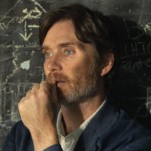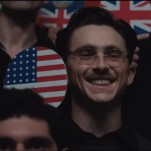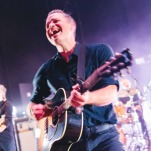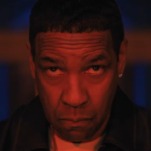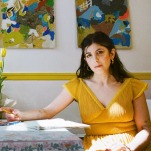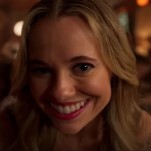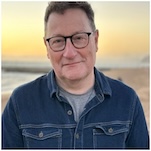Escape Artist Q&A: Colin Wright of Exile Lifestyle Blog
Photos courtesy of Colin Wright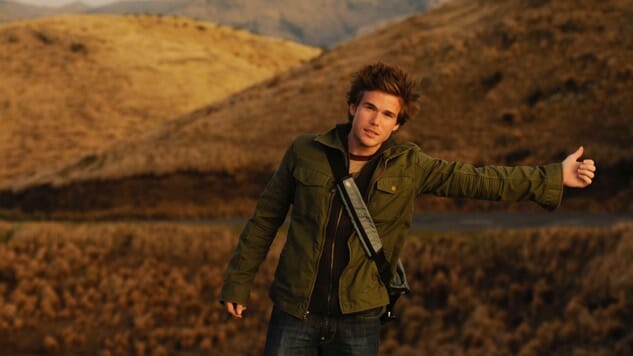
This column, “Escape Artist,” is a series about folks who have escaped. More importantly, this biweekly column is for those thinking about trading in their 9-to-5, leg-shackled-to-the-desk existences in order to grab life at the roots and forge their own way. The brave outliers featured in these collection of interviews are the digital nomads, online entrepreneurs and lifestyle trendsetters who decided it was time to say to hell with the humdrum and go elbow deep to grab life by the roots.
![]()

Traveler and writer Colin Wright runs Exile Lifestlyle, a blog that focuses on full-time travel, minimalist living and unconventional entrepreneurship. Colin founded a successful branding studio in Los Angeles and scaled it down in 2009 to take it on the road with him. He got rid of everything he owned that he couldn’t fit into a carry-on bag and now travels full-time. He asks his readers to vote where he should move for four-month stints and has visited more than 60 countries. He also writes books and founded a publishing company called Asymmetrical Press. In 2016, he’s focusing on TV and YouTube opportunities.
Paste Travel The “escape the 9-to-5” mentality is becoming more popular now. What are your impressions?
Colin Wright It certainly is, for better and for worse. I think it’s wonderful that more people are looking at the default post-Industrial Revolution life path they’ve been handed—school, work, marriage, kids, retirement, die and most of that time spent in a cubicle somewhere—because that means more people will figure out alternatives that work for them and what they hope to get out of life. More custom-made, individual-centric lifestyles.
On the flip side, it also means more people are purveying a pre-fab version of that lifestyle, as if it’s a simple thing to walk away from this system that the whole developed world is built around, declare yourself to be done with it, start a blog and you’re free. I can’t tell you how many people I’ve seen quit their jobs and leave the country, only to run out of money, shut down their blogs, and return home to take a job that’s worse than the one they left. I’m hoping what happens next is that a reality check is inserted into this message.
PT What was the “aha” moment that sparked lifelong travel in 2009?
CW For me it was a matter of getting really close to a (monetary and professional) goal I’d had for my entire adult life, only to realize that accomplishing it wasn’t really making me any happier or more fulfilled. If anything, earning all that money and achieving that professional success was draining me and making me less happy. I took a step back and looked at the big picture for the first time when I was 24, and I realized that I was running the wrong race. I was so fixated on outperforming everyone else and growing in this very specific way that I had allowed every other aspect of my life to atrophy.
I realized that I had just one life in which to do everything I’d ever do, but I was putting off all the important stuff until some indistinct time in the future. Travel was at the top of the list of things I was putting off until “someday.”

-

-

-

-

-

-

-

-

-

-

-

-

-

-

-

-

-

-

-

-

-

-

-

-

-

-

-

-

-

-

-

-

-

-

-

-

-

-

-

-

































